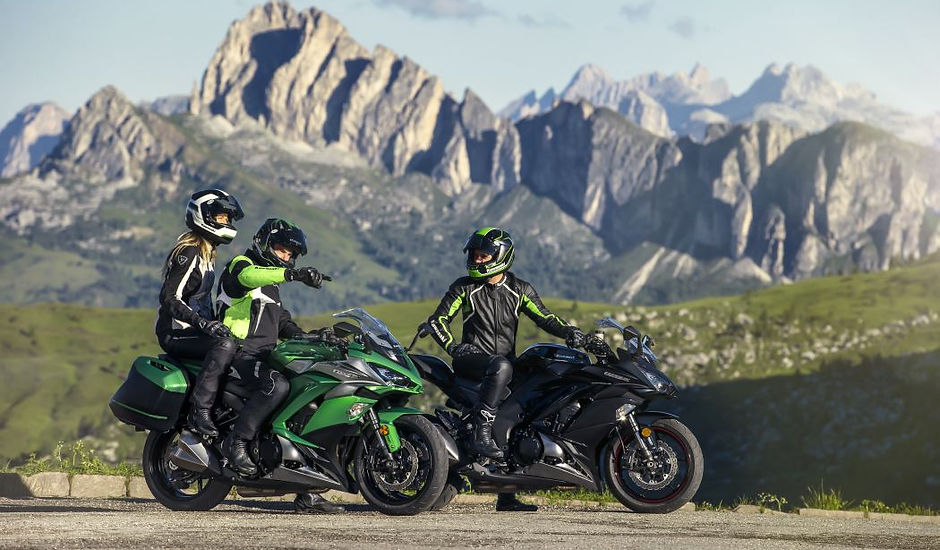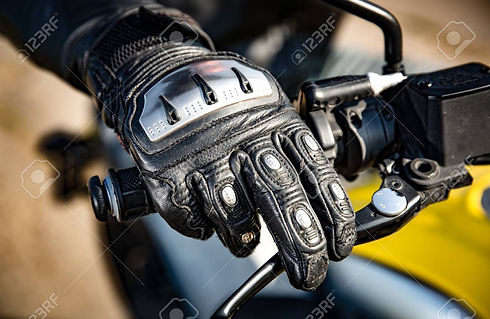
THROTTLE CONTROL
July 20, 2020
To be able to understand why we think of this one skill as the centerpiece of riding better, being safer, going faster than we've ever gone and leaning over further than we ever have before, in corners. All of those things and more, come from good throttle control.
WHY THROTTLE CONTROL
One of the biggest reasons why throttle control is so essential, is because of the chassis of your motorcycle. That means the frame, the suspension, the brakes, tires and wheels. These are designed together to produce a motorcycle that does a specific job - like a sportsbike or an adventure tourer.
The reason why throttle control is considered such an essential skill is because many of the changes in rake-trail-wheelbase originate in your throttle hand, and your brake fingers. But since we brake barely 2-3 per cent of the time, throttle control is vastly more important to master.
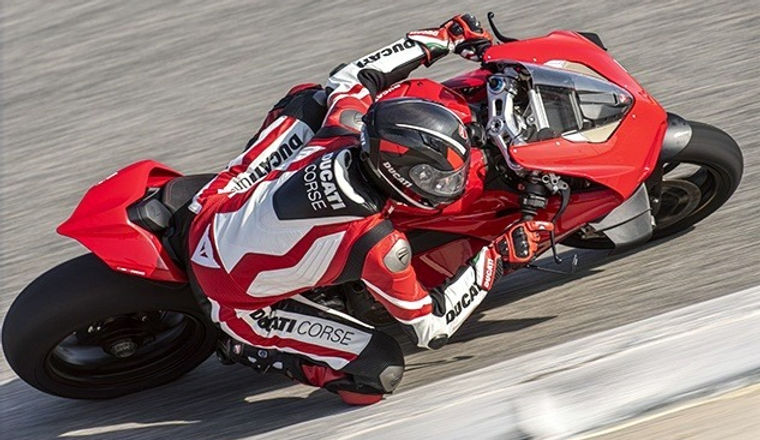
WHAT IS THROTTLE CONTROL
Once we know that the suspension movements cause differences in the way the motorcycle behaves, shouldn't we be able to control these changes? Or better still, use them to our benefit. For example, what if we could make the motorcycle stable when it feels too agile or unstable? Like in the middle of a corner. Or make it extra agile when we need to change direction? Welcome to the world of throttle control.
Throttle control is the skill that permits us to use the natural flexibility of chassis geometry to create an agile or stable motorcycle at will. And almost all of this work is done by your right hand.
Most riders look at the throttle simply as the "go-fast" control: open it to go faster, close it to slow down. But in fact the throttle is much more than that. Because the engine affects the motorcycle's dynamics so much-especially in the middle of a corner-the throttle can be used as a tool to help your bike's chassis work better. When the motorcycle is under power, there are several factors that work in your favor. The chassis is more stable as the engine's spinning internals add more gyroscopic effect to the mix. There is less load on the front end, allowing the suspension and tire to work better as well as reducing the risk of a front-end crash.
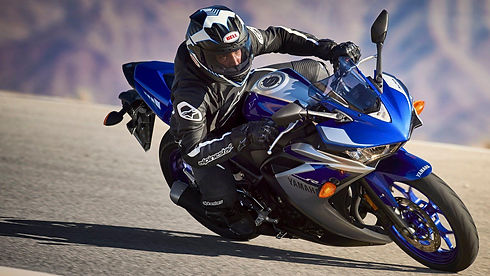
IMPORTANCE OF THROTTLE CONTROL
It's important to know that the act of opening the throttle doesn't necessarily mean you will speed up. The initial application of power is usually not enough to overcome the friction and aerodynamics involved, and the motorcycle will continue to lose speed. In faster corners, data shows that the throttle needs to be as much as 20 percent open before the bike will begin to pick up speed. Expert-level riders know this and have the throttle open well before the apex of a turn, while the motorcycle is still slowing down.
Because the motorcycle needs power to overcome friction and aerodynamics, it's possible to have the throttle open while still decelerating. Expert-level riders have the throttle open before the apex of the turn, ready for a smooth drive at the exit.
At the apex of the turn, the throttle should be open just enough so that the suspension is settled and the slack is taken out of the drivetrain; this leaves you ready to smoothly accelerate once past the apex.
With the throttle applied before the apex of the turn, you're better prepared for a smooth exit and better drive down the following straightaway.
One technique improving the brake-to-throttle transition is to leave your two braking fingers on the lever while you open the throttle. This takes practice to accomplish smoothly, but can make a difference in slow corners where you have less time to release the brake and apply the throttle.
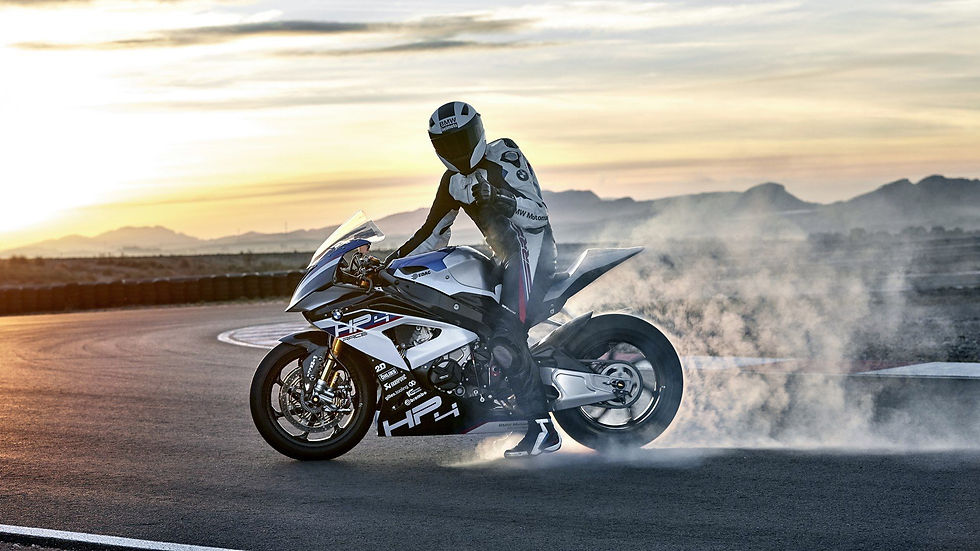
WHAT DOES THROTTLE CONTROL ACTUALLY DO
An open throttle creates a more stable motorcycle. And that stability promotes your confidence. Confident riders make better decisions and go faster. So the intent should be to have the throttle opening more places right? The first thing that throttle control does, is change the way you approach your path through a corner. Good throttle control means finding the path that requires you to be off the throttle for the shortest possible time.
The essence of throttle control is to not only control agility-stability but also to reduce the variation in suspension movement as it reacts to the weight transfers your control inputs generate.
If you look at the forks and springs moving in the middle of a corner in the hands of a good rider, you will find hardly any movement. Their throttle hand is working small, slow-paced adjustments so that the suspension barely moves and the tyres can get on with doing their jobs - driving you forward.
This smoothness is a desirable quality because again, it will do wonders for your confidence, your pillions will love you and guess what, you might actually get better economy as well
HOW TO LEARN THROTTLE CONTROL
Clear roads are essential to this, don't try to practice this if the corners are busy.
First, when you are riding to work the next time and find yourself in slow moving traffic, get into first gear. This is the most reactive gear and will magnify your mistakes. What you want to practice is the ability to extend and compress the front forks without jerks as you accelerate and slow down to match traffic around you.
Second, the next time you're out on a mountain road you know well, try this. Try to ride each corner as you normally do but mentally focus on your right hand. You want it to open the throttle smoothly and progressively once you have decided that it is time to open the throttle. This requires focus and concentration which is easy at the racetrack
Third, learn to find what many call maintenance throttle, naturally, and as quickly as possible. Maintenance throttle, to put it simply, is the small amount of throttle needed to keep the motorcycle at its current angle. When you turn a bike - with the throttle closed - you steer and it starts falling to lean. Maintenance throttle is how you add enough speed to maintain the curving line. Once you learn the small wrist movement, you can allow the bike to fall to deeper lean angles with more confidence when you need to.
